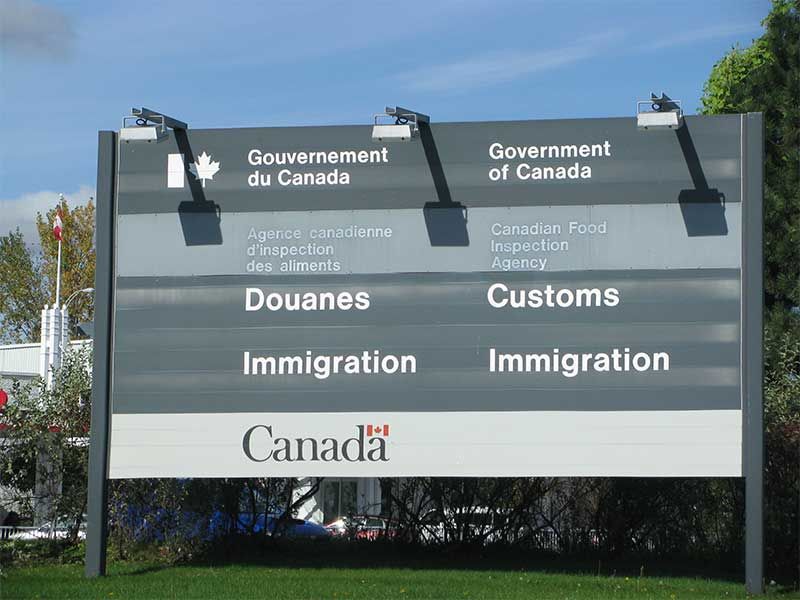The process of gathering all the records you need to include the application can be a daunting task - where do you start? As already mentioned, the wording of your responses to the questions on the application form is an important part in determining if the application will be successful. So deciding to proceed with an application is something that will require some work on your part.
Given the amount of information required, the task of retrieving it and then putting the application together, you should be aware there are attorneys as well as immigration consultants who, for a fee, will help you navigate the entire process. For many of you, this may be a worthwhile investment if you consider that:
- An attorney or immigration consultant has experience putting these applications together on behalf of previous clients.
- They know where to go to retrieve all the necessary court records and other supporting documents you need to include with the application.
- They are experienced at writing answers that address the issues the Canadian Government wants to know - specifically how to word the responses with the information you provide them.
- They will send in the application to the nearest consular office on your behalf.
- They are there to answer any questions you may have.
Again, using a representative costs money but I recommend you consider it - if solely for the reason the application gets done right the first time. Having an experienced legal professional or consultant assist you means you've covered all the bases and put your best foot forward in your effort to be granted rehabilitation.
Costs vary based on the work required but expect it to cost between $1,000 to $2,000 if you decide to hire a representative plus the cost of the application fee. But remember, if you cannot afford the cost of a representative to help you this is a process you can do on your own.
So there you have it, I hope this article has been helpful to you in understanding the process of applying for a rehabilitation permit. Remember that you require a rehabilitation permit even if your offense was not DUI - anyone with a criminal record needs one.
I wish you the best of luck in your efforts. Remember you can also call the Sunset Country Office at 1-800-665-7567 or you can email us with any questions.




